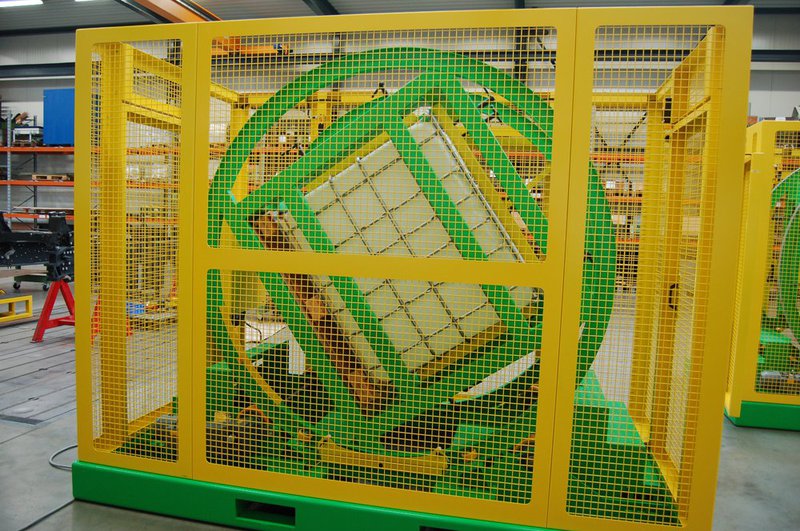Energy
Climate agreement
The energy market is developing rapidly. The consequences of the Paris climate agreement are clearly noticeable - where CO₂ reduction was an important theme in itself at first, accelerating this is now receiving more attention. Because at the moment only about 5% of all energy in the Netherlands is generated sustainably, so a lot still needs to be done to achieve the target of 50% renewable energy by 2030. The prediction is that by 2023 40% of all electricity will be generated in a sustainable manner. The rest of the energy supply, so gas and heat, is not that far with less than 10% renewable energy.
Heat demand
Another result of the climate agreement is the ending of the use of natural gas in built-up areas. This means that more than seven million households will switch to other ways of heating, cooking and heating tap water. Companies and greenhouse horticulture will also have to take a critical look at new alternatives to the heat demand.
Renewable energy
In short: new, sustainable energy sources are needed. Solar and wind energy are becoming increasingly well known, but heat pumps, micro-heat and power couplings, geothermal energy and energy from biomass are also gaining ground. Some citizens actively contribute to the reduction of CO₂ emissions, for example through the installation of solar panels and the use of residual heat. However, a large part expects the government and energy companies to take full responsibility. The last group does intend to contribute to a better climate, but does not have the desired freedom of choice to actually do this due to budget problems.

Prosumers
Nevertheless, the number of consumers that produce energy themselves is increasing significantly. Consumers become producers, or “prosumers”, saver, investor and trader. The demand of this group is changing - they no longer just want a good, stable energy supply, but above all a good service. This means, among other things, that people want insight into used and generated energy, preferably by means of an accessible system that provides real-time data.
Saved energy
Despite the less negative impact of renewable energy on the environment, it is not the cleanest energy. That is energy saved. However, research shows that consumers are not very motivated to actively save energy. This also involves a task for the energy sector: developing new products, such as apps or smart meters with a display, and pointing out the benefits of energy saving to consumers.
From supplier to service provider
All these developments mean that energy suppliers are increasingly taking on the role of "matchmaker" between supply and demand. Total solutions are also offered, where, for example, light and heat are consumed at the same time. The availability of up-to-date information makes it increasingly easier to anticipate market developments, so that the right services and products can be offered.
Machine factory Westerhof B.V. supports various clients in the on- and offshore energy sector with constructions, machine parts and maintenance. We are happy to deliver added value with technical solutions that make projects more sustainable and better!
Curious what we can do for you? View our website or contact us on telephone number +31 (0)881 222 680, mail to info@westerhofbv.nl or fill in our contact form.